CONSUMER group CHOICE has announced the winners of their annual Shonky Awards, with the Commonwealth Bank again featuring prominently.
For 20 years, CHOICE has been calling out dodgy products, services and companies through the annual Shonky Awards, with the Commonwealth Bank getting a special mention – for the fourth time since the Shonkys’ inception.
CHOICE CEO, Ashley de Silva, said award winners have included appliances, major retailers and airlines.
“The Shonkys have ensured some major wins for consumers,” Ms de Silva said.
“This year, we’re giving a special prize to Commonwealth Bank, which has received its fourth Shonky Award, making it the most awarded Australian company in Shonkys’ history.
“We’re calling out CommBank for refusing to refund millions of low-income customers $270 million in fees that never should’ve been charged.
“Commonwealth Bank has taken bad bank behaviour to a whole new level. Earlier this year, CommBank was one of the major banks ASIC caught charging low-income customers excessive fees, when they were eligible for low or no-fee accounts.
“In CommBank’s case, 2.2 million customers were collectively charged $270 million in unfair fees,” she said.
“Most of the banks caught charging excessive fees said they would issue bulk refunds to some of the customers collectively charged millions in unfair fees.
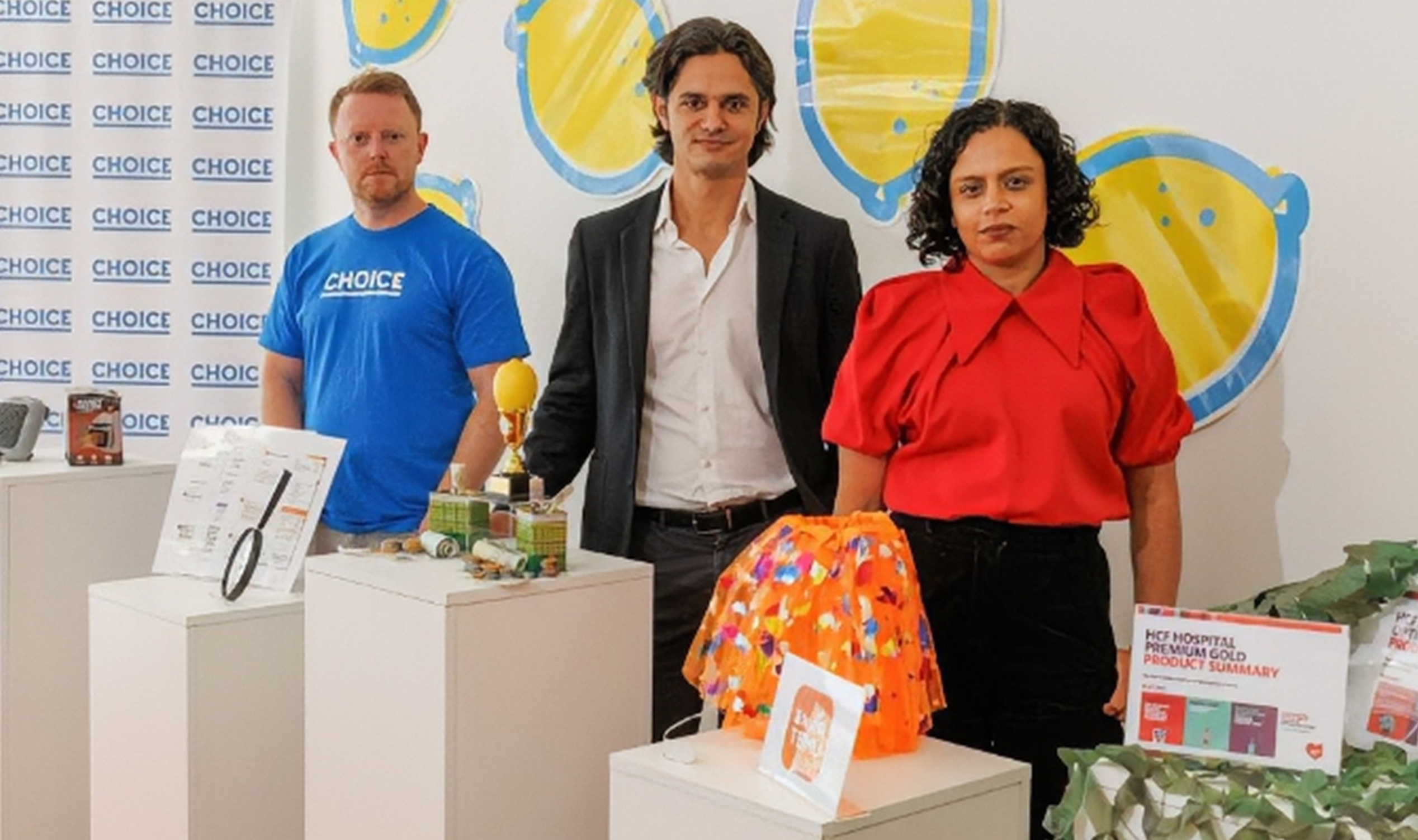
(from left) CHOICE editorial director Mark Serrels, CEO Ashley de Silva, and director of campaigns, Rosie Thomas at the Shonky Awards.
“But Australia’s biggest bank, the Commonwealth Bank, initially refused to issue refunds at all.
“The bank then said it would only consider them on an individual, case-by-case basis.
“We think that’s pretty shonky,” she said.
“CommBank also featured in our 2018 Shonky Awards for its Dollarmites program, which employed subversive sales tactics in primary schools under the guise of educating children.
“In 2014, the bank received a Shonky for its financial planners placing clients in risky and inappropriate investments to meet bonus goals, decimating lifelong savings.
“CommBank’s Awards credit card, linked to the Qantas Frequent Flyer program, gained a win in 2010 for very poor performance,” Ms de Silva said.
This year’s winners
Commonwealth Bank: For making money off the back of Australia’s poorest;
Temu: For being an unsafe haven for dodgy sales tactics and fast fashion;
Handy Heater Turbo 800: For a plug-in heater that doesn’t plug in, or heat;
Energy retailers: For pricing tactics designed to confuse;
HCF: For a price rise in disguise: and
Ms de Silva said there is certainly no shortage of issues that make online shopping platform Temu deserving of a Shonky Award.
“Its customer service leaves much to be desired, purchases can take a very long time to arrive, and it’s often difficult to get refunds,” she said.
“Temu is also one of the biggest drivers of fast fashion, selling poorly made clothes at cheap prices.
“Perhaps the biggest issue at Temu, however, is safety. In 2024, CHOICE purchased and tested 15 randomly selected coin and button battery-operated products from Temu, with every product tested failing at least one requirement of Australian button battery regulations designed to keep children safe.
“While all 15 items have been removed from sale, Temu has continued to make headlines for safety issues,” Ms de Silva said.
Ms de Silva said award winner, the Handy Heater Turbo 800 is, quite simply, a plug-in heater that doesn’t plug in.
“In Australia, all electric devices must have a plug that fits directly into an Australian power point,” she said.
“To plug this heater into an Australian socket, you’d need an adaptor – but that’s just strike one.
“The travel adaptor that came with the heater also wasn’t compliant, leaving pins exposed when plugged into an Australian power point.
“Other safety issues included a lack of any kind of thermal protection device, insecure wiring, and a heating element directly mounted onto thermoplastic – a material that becomes soft when heated,” she said.
“On top of the multitude of safety issues, our testing also revealed the Handy Heater doesn’t actually produce anywhere near as much heat as its advertising suggests.
“It’s well and truly deserving of a Shonky Award this year,” Ms de Silva said.
Energy retailers were awarded for pricing tactics designed to confuse.
“Energy retailers are receiving a Shonky Award this year for sneaky pricing tactics designed to confuse customers, even as 84 per cent of households are worried about paying for energy, and 68 per cent are struggling to cut their energy costs,” Ms de Silva said.
“We’ve seen a number of retailers roll out new, cheaper plans with the exact same name as existing plans.
“As a result, many consumers were led to believe they were already on the best plan as their current plan name was identical – potentially missing out on savings as a result.
“CHOICE research estimated energy customers could have collectively saved about $65 million per year if retailers had made it clear the new plan with the same name was cheaper than the existing one.
“Would it really have been that hard to give the new plan a different name? We don’t think so. At a time when so many people are struggling to cut their energy costs, this kind of behaviour is incredibly shonky.”
Private health cover provider HCF was handed a Shonky for a price rise in disguise.
“We’re giving HCF a Shonky Award this year for purposefully bypassing the government approval process for health insurance premium increases on existing policies – sneakily closing an existing policy, and opening a new policy with almost identical cover, but a significantly higher price,” Ms de Silva said.
“This year, HCF closed its Premium Gold policy to new members, instead releasing a nearly identical policy called ‘Optimal Gold’ with a whopping 34.6 per cent price increase – no government approval required.
“Rorting the system like this makes HCF the perfect candidate for a Shonky Award this year,” she said.
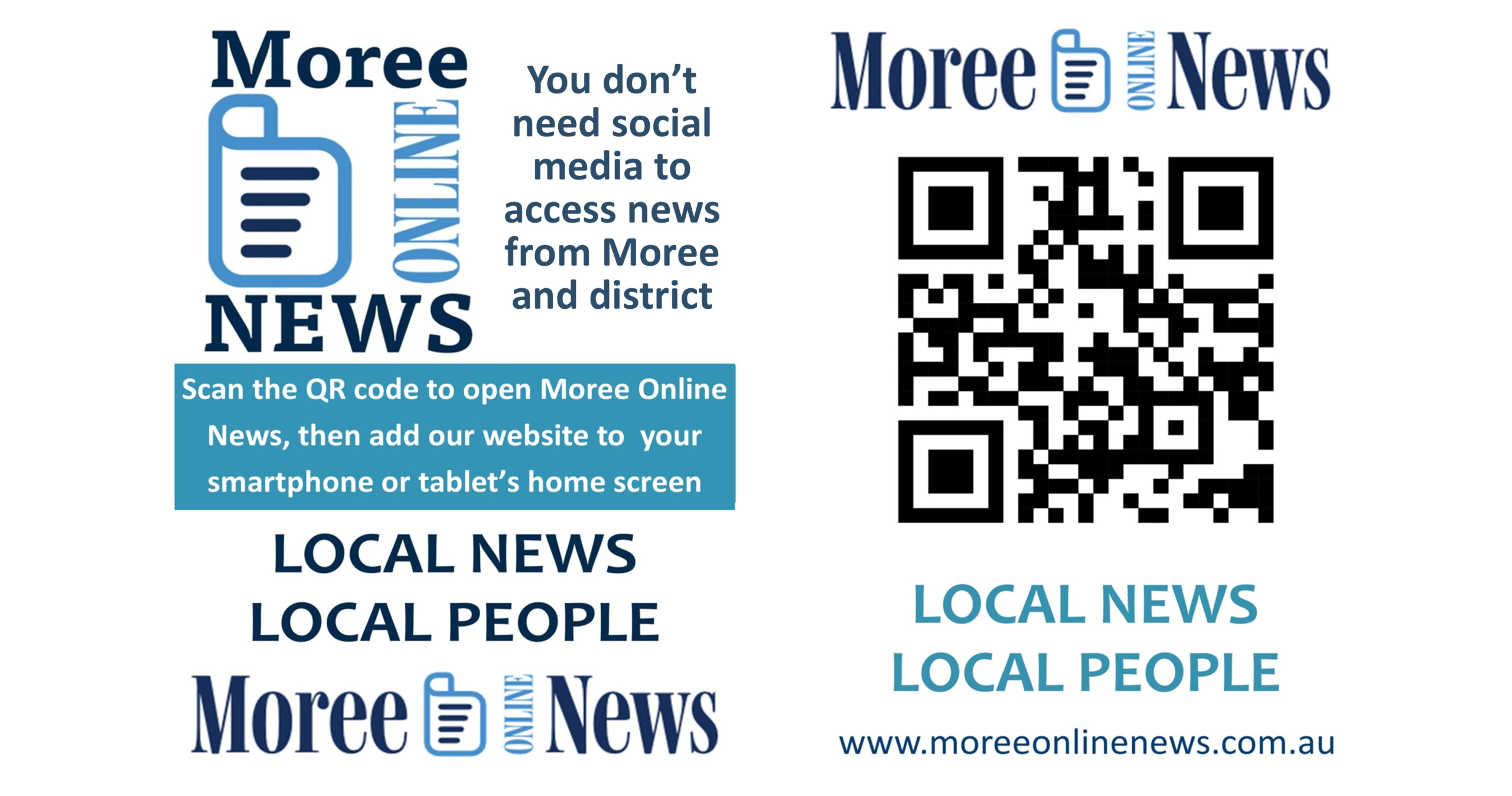


































































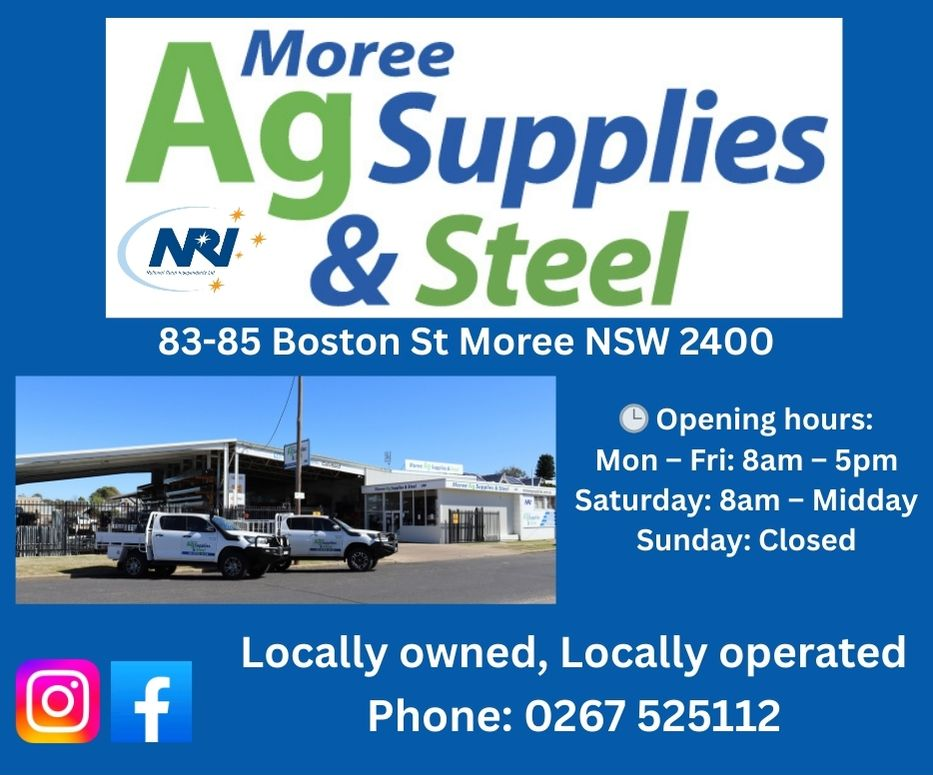












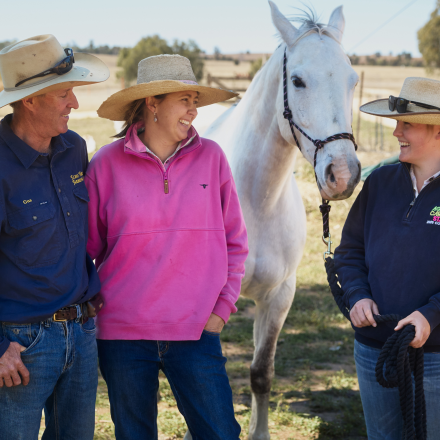

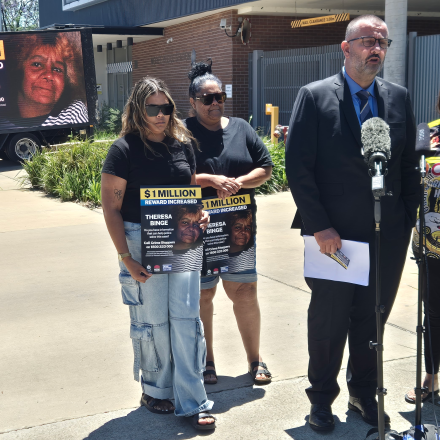
0 Comments